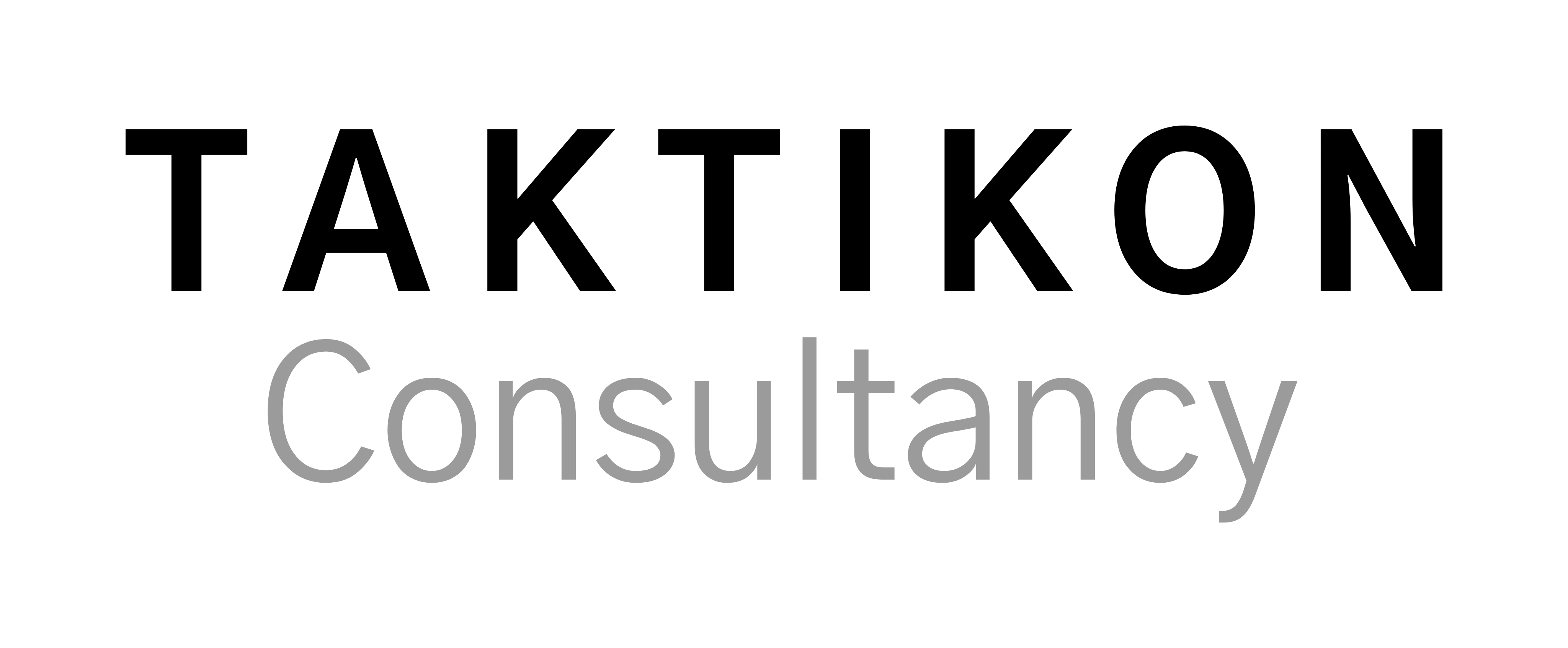In the ever-evolving world of Digital Marketing, hotels must constantly adapt to how guests search, book, and experience their stays. Once, it was all about climbing the ranks of search engines through Search Engine Optimization (SEO). Today, Geolocation (GEO) strategies have entered the game, reshaping how hotels appear to guests based on where those guests are, not just what they type.

This shift from SEO to GEO (and sometimes the perfect blend of both) is transforming how visibility, reach, and relevance are defined in the hospitality sector.
What You Will Learn
In this article, we’ll explore:
- What SEO and GEO mean in the context of Digital Marketing for hotels
- How guest behaviour and AI-driven tools are changing the way visibility works
- Why the best strategy lies in combining both approaches
- Practical steps to align your marketing and revenue strategies for a GEO-aware future
SEO vs GEO: Understanding the Difference
SEO (Search Engine Optimization) has long been the cornerstone of Digital Marketing. It is all about making your website visible to potential guests searching online. By using the right keywords, optimizing content, and ensuring a fast, mobile-friendly website, hotels can climb higher in Google’s search rankings.
SEO helps hotels capture intent. A potential guest might search “boutique hotel in Stockholm” or “hotel near Amsterdam Central Station,” and if your page is optimized correctly, your property appears in the top results. It is digital visibility based on what people are searching for.
GEO, on the other hand, focuses on where the searcher is. GEO-targeting uses the user’s location data to tailor what they see. A guest searching from London might get different results for “hotel in Rome” than someone searching from within Italy, because GEO considers travel patterns, search history, and even time zones.
The Changing Landscape of Search
With the rise of AI-driven tools like Google’s Search Generative Experience and ChatGPT-based travel planners, Digital Marketing is no longer just about keywords, it is about context.
AI uses GEO-data and user intent to personalise results. For instance, if a guest asks, “Where should I stay near Lake Como this weekend?” the AI considers the user’s current location, previous searches, travel distance, and booking behaviour before suggesting hotels.
This means that the traditional SEO model, where ranking for a few strong keywords was enough, is giving way to a more dynamic approach that integrates GEO relevance. The hotels that show up first in tomorrow’s search results will not just have the best content; they will have the best context.
Why GEO Matters for Hotels
Hotels are physical experiences. Your product exists in a place and GEO marketing capitalises on that fact.
When a guest searches from their phone on-site or nearby, location-based visibility matters more than ever. Think of travellers on the road looking for “hotels near me” or “spa nearby.” GEO-targeting ensures that your property shows up when proximity matters most.
But GEO is not just about local search. It is also about understanding where your potential guest is searching from. For instance:
- A hotel in Paris might target users in the US during their evening hours when they are planning trips.
- A hotel in Stockholm could create GEO-campaigns for German or Dutch travellers in key source markets.
- Resorts can advertise special offers only visible to users in specific countries or regions.
In Digital Marketing, GEO gives hoteliers the power to segment by location, much like how Revenue Managers segment by source market or distribution channel.
The Smart Move: Blending SEO and GEO
The future lies not in choosing SEO or GEO, but in integrating both.
A winning Digital Marketing strategy will ensure that:
- SEO builds long-term brand visibility and organic reach.
- GEO drives conversion through personalised, location-aware experiences.
- Content is dynamic, adapting based on both what users search and where they are searching from.
Summary
- SEO helps your hotel get found. GEO helps your hotel get chosen.
- As AI and voice-driven searches continue to grow, the future of Digital Marketing will depend on how well hotels adapt to an ecosystem where context matters as much as content.
- A strong SEO foundation keeps your property visible globally, while GEO targeting ensures you are relevant locally, wherever your guests are searching from.
At Taktikon, we help hotels stay ahead of digital shifts. Whether you are fine-tuning your Digital Marketing strategy, improving visibility in key markets, or adapting your website to future AI-driven search, our experts can guide you through the next evolution of online visibility.
Let’s make sure your hotel is found and chosen by the right guest, at the right time, in the right place.
